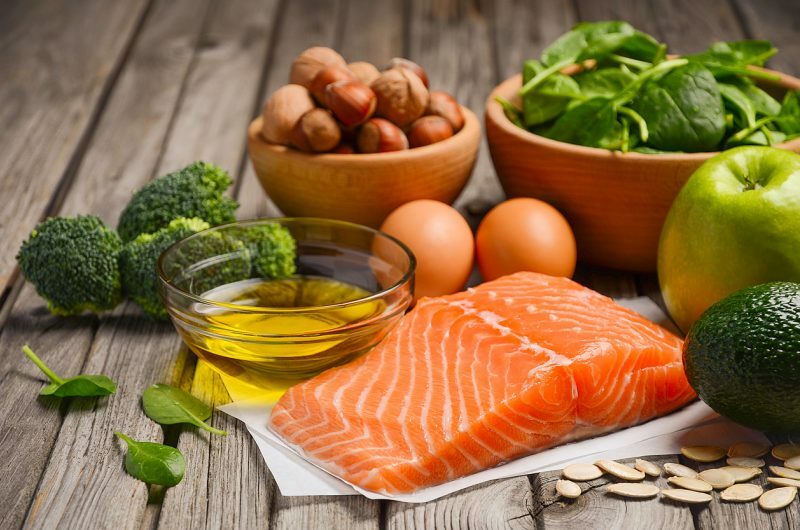
Nutrition For Peak Performance
Like a car’s engine, your body performs better in the high energy sport of basketball on premium fuel.
Thanks to Danielle Grant, an accredited exercise physiologist, wellness coach and personal trainer, for this valuable insight into how nutrition impacts on performance. Danielle, who focuses on the importance of nutrition in wellbeing, has owned and operated Reach Your Peak PT in Mornington for 17 years.
Does your game preparation pay attention to your diet? What you eat before the game can make all the difference to your energy and stamina. Let’s look at a highly beneficial way to eat and hydrate, not only prior to the game but also in your overall attitude to nutrition.
QUICK PRE-GAME MEAL TIPS
- * MORNING GAME BREAKFAST: Porridge with honey or maple syrup and full fat Greek yogurt or Bircher Muesli.
- * AFTERNOON TRAINING SESSION OPTIONS: Homemade muffin, peanut butter spread onto apple slices, full fat Greek natural yoghurt (add a little honey for sweetness), homemade smoothie.
- * EVENING GAME: Eat a healthy dinner with brown rice, protein* and vegetables.
EATING WELL EVERYDAY LAYS THE FOUNDATION FOR A HEALTHIER BODY:
1. Make your own food from scratch from real ingredients - check what the ingredients contain.
2. Good quality sources of protein* with each meal. Meat, eggs, fish, chicken, nuts, legumes.
3. Good sources of fat with each meal. Olive oil, coconut oil, avocado, nuts, seeds, cheese, yoghurt, eggs. Avoid low-fat products. Don’t be scared of good fats! What you want to avoid is products with trans fats – processed cakes, biscuits, margarine, donuts, chips. And also avoid vegetable oils – these are again used in a lot of processed foods as it’s cheap – canola, sunflower, rice bran oil, safflower, margarine.
4. Aim to get most of your carbohydrates from vegetables, fresh fruits, legumes, nuts & healthy whole grains (quinoa, buckwheat, millet, oats & brown rice).
5. Lots of fibre from fresh vegetables mostly, but also a little fruit and some grains.
6. Don’t drink your calories. It can be very easy to consume a day’s worth of calories in just drinks – fruit juice, coffees, hot chocolates, soft drink, cordial, alcohol. Try to get your fluid intake from water. If you need electrolytes after a sweaty game or training session get a good quality powder mix from your pharmacist or naturopath that has the right balance of magnesium, sodium , potassium and no sugars, colours and flavours!
7. Avoid Sugar. Refined sugar is completely devoid of nutrients and incredibly high in calories. Sugar is very addictive – the more you have it the more you want it. Read your food labels, sugar is also called – glucose, sucrose, fructose, maltodextrin, corn syrup, rice syrup, molasses and many more.
8. Keep your blood sugar and insulin levelslower by consuming low GI (glycemic index) carbohydrates (wholegrains) and a mixture of protein, fat and carbs at each meal.
9. Salt. We’re constantly told that salt is bad for us. But unrefined sea salt or Himalayan crystal salt - not table salt – can do wonders. The recommended daily intake for sodium (salt) is 1600mg. Common table salt or “bad” salt is added to a lot of processed food and takeaways. If you eat too much convenient food, you will easily exceed this daily intake. But if you are eating “real food” at home made from fresh ingredients (and sweating a lot playing basketball) it’s perfectly fine to add some sea salt or Himalayan crystal salt when cooking. These salts actually contain many minerals and trace elements that your body requires.
10. Super foods to include in your diet: Walnuts, broccoli, lean red meat, oysters, oats, Atlantic salmon, red capsicum, eggs, berries, spinach, chia, Asian leafy greens, almonds, quinoa, seeds, avocado.